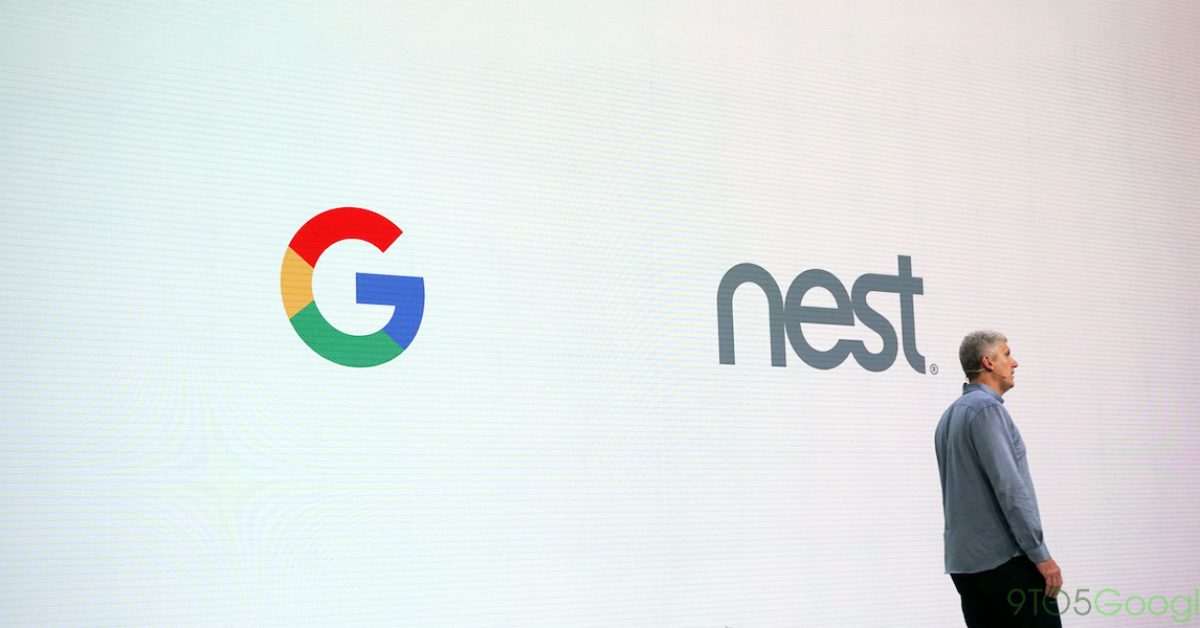Farewell to Smart Home Innovation: Google Pulls the Plug on Nest Learning Thermostat Updates

Google Phases Out Support for Early Nest Learning Thermostats
Tech enthusiasts and smart home owners, take note: Google is set to discontinue support for its first and second-generation Nest Learning Thermostats later this year. This strategic move will trigger a series of significant changes that could impact users of these older smart home devices.
As technology continues to evolve, older devices inevitably reach the end of their support lifecycle. For owners of the original Nest Learning Thermostats, this means preparing for potential limitations in functionality and ongoing software updates.
The impending changes underscore the rapid pace of innovation in the smart home technology sector, where devices can quickly become obsolete as manufacturers push the boundaries of connectivity and efficiency.
Owners of these early-generation thermostats should stay informed about the upcoming transitions and consider exploring newer, more advanced smart home solutions that offer enhanced features and continued manufacturer support.
